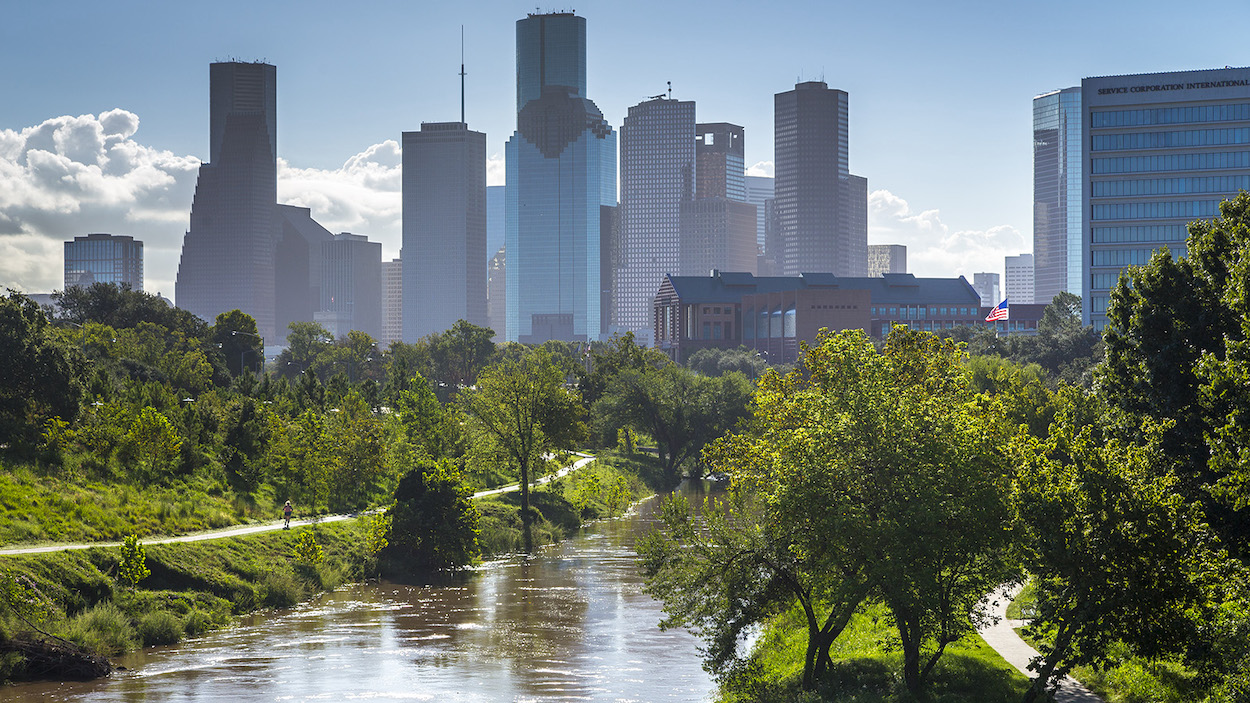As Russia’s war on Ukraine continues, the local architecture and design industry is suffering along with everyone else. The Biden administration recently announced it will help a vanishing small number of potential refugees who have U.S. sponsors, while businesses and local governments across Europe are finding ways to offer employment directly to those who reach their borders. It’s easy to feel helpless in the face of geopolitical atrocities, and simultaneously over- and underwhelmed by the scope and speed of bureaucratic responses. But direct action is possible. Kinder Baumgardner formulated one method: Support by Design, an initiative the managing principal of landscape architecture firm SWA began simply by cold emailing Ukrainian designers. Did they need work? Did they know others who needed it?
Baumgardner compiled a spreadsheet of designers and their portfolios, along with information including whether they’re enlisted in the civil defense force and thus can only work part-time, and whether they’re in Ukraine or settling elsewhere. Firms took notice: to date, according to Fast Company, SWA has hired eight off the spreadsheet; Chicago’s Site Design Group hired another individual and put a Ukraine-based firm of two dozen on contract; Gensler is also exploring possibilities. The Landscape Architecture Foundation and ASLA have expressed their support, too. “Some firms are keeping it fairly simple and using Ukrainian designers on a task-by-task basis, and others are remotely embedding them into their office culture,” Baumgardner says. “We’ve found that you just have to take the first step of reaching out to someone on the list, chat with them about their expertise and situation… and then just give it a try.”
So far, architects who’ve fled their homes are finding meaning in the program. As the Ukrainian landscape architect Anna Kulvanovska stated, “I am enjoying the project work—the brainstorming, the exchange of ideas, work culture, and design culture. Life in Ukraine will never be the same, and of course we are angry and upset and want to rebuild our cities. It’s affirming for us to be connected to the broader professional community, and it makes a difference for us individually.”

